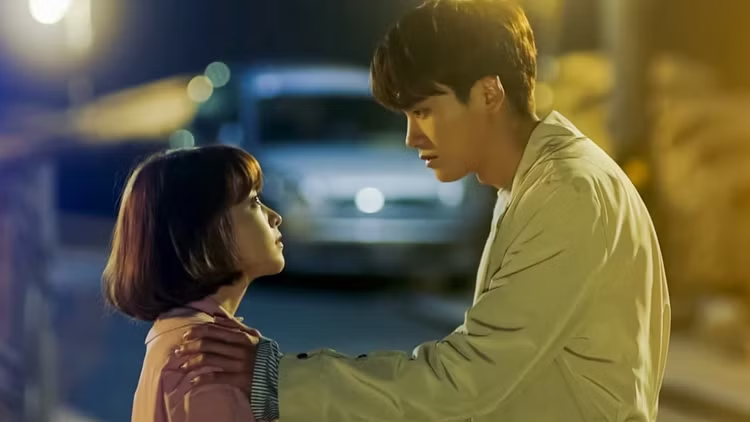Can physical dominance over men change a woman’s role? Strong Girl Bong-soon, a comedy-drama about a naturally gifted superwoman navigating romance and crime-fighting, suggests that power is both everything and nothing. Despite possessing extraordinary strength that might inspire envy in any man, Bong-soon finds that, for the most part, little changes in her life.
Although Strong Girl Bong-soon was released in 2017, eight years later, it remains a popular title on streaming services. One factor that may have contributed to its longevity in the fast-paced world of digital content—where new dramas compete for viewers’ attention each week—is its unique protagonist: Bong-soon, a twenty-something woman with extraordinary strength capable of shattering concrete walls like crumbling pie.
This incredible power is a maternal inheritance, passed down from mother to daughter. Only women can possess it, and its origins remain unknown—certainly not the result of some freakish lab experiment. However, there is a crucial condition: the power must be used for good. If misused for selfish purposes, it is lost. Bong-soon’s mother, for instance, was stripped of her strength after using it to make money for herself.
Power Changes the Game for Bong-soon
Bong-soon’s power presents a striking contrast to her appearance. Played by Park Bo-young—who stands at just 1.6 meters and has a smile reminiscent of a little girl—she exudes an innocent, sweet demeanor that makes it hard to imagine her wielding extraordinary strength.
Because of her power, however, she doesn’t need a man to come to her rescue—she can take care of herself. She can also carry heavy things like ten boxes of copy paper, eliminating the need for men to lift them for her. In fact, her strength renders male physical capability almost irrelevant.
With Bong-soon’s power, classic rom-com moments—where men prove their worth by carrying heavy loads or fending off bad guys—are thrown out the window. The romanticized and glorified image of male strength fades in the face of her overwhelming abilities.

Bong-soon Still Remains a Typical Heroine
Even with her power, Bong-soon remains a typical female lead in a Korean rom-com. Like many before her, she is caught between two men—one usually a childhood friend or past love, the other a wealthy and charismatic figure. This familiar romantic dilemma, where seemingly irresistible men vie for the heroine’s affection, plays out once again.
Bong-soon has been infatuated with Gook-doo since her elementary school days. Now a police detective, he looks out for her safety without realizing either her extraordinary strength or her long-standing feelings for him. On the other side is Min-hyuk, a young CEO of a video game company, who is drawn not only to her endearing personality but also to her remarkable power.
There is a twist in this familiar romantic dilemma: Bong-soon suspects that Min-hyuk might be gay and is determined to win over Gook-doo. This adds a new concern to the ever-growing list of worries for modern rom-com heroines—one that has never been considered before.
In a drunken outburst, Bong-soon even yells at Min-hyuk not to ogle Gook-doo’s butt. It remains unclear whether she wants Min-hyuk out of the way as a romantic rival or if she simply wants to confirm that he is interested in women. However, her subtle shift of affection toward Min-hyuk becomes evident in her growing concern over the sexuality of Min-hyuk.
A Serial Killer Looms Large
One unmistakable difference in this romantic drama is the presence of a serial killer—or more precisely, a serial kidnapper. He prowls the dark streets of Bong-soon’s neighborhood, abducting young women. In a Bluebeard-esque display of violent control, he imprisons his victims in a cell-like room and forces them onto a severe diet. His goal is to reshape their bodies to fit his ideal of slimness and fragility—an explicit representation of male control over women’s bodies.
This fixation on dictating women’s appearance reflects the lingering remnants of male dominance. In Bong-soon’s case, power is no longer exclusive to men. The notion that strength belongs only to men—and that their superiority is rooted in it—is dismantled. Yet the old ideal of female beauty, one that likely originated not from women themselves but from men’s expectations, persists, haunting them.
If Strong Girl Bong-soon challenges the traditional gendered power dynamic, it also exposes a deeper, more insidious form of violence—one that is not about brute strength but about control over women’s bodies and identities. The true violence in the drama does not come from Bong-soon’s extraordinary strength, but from this enduring, imposed vision of the “perfect” female body.
